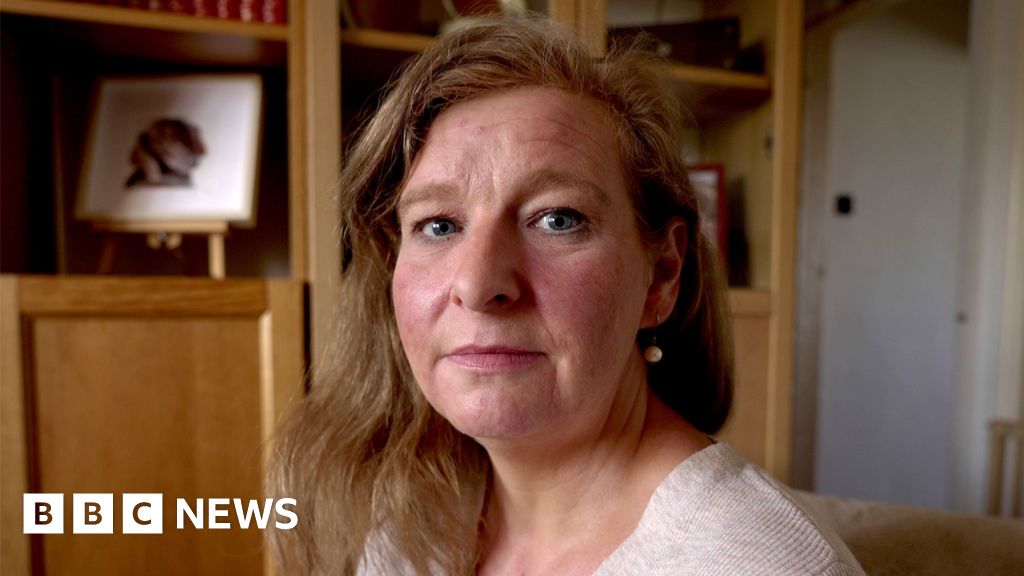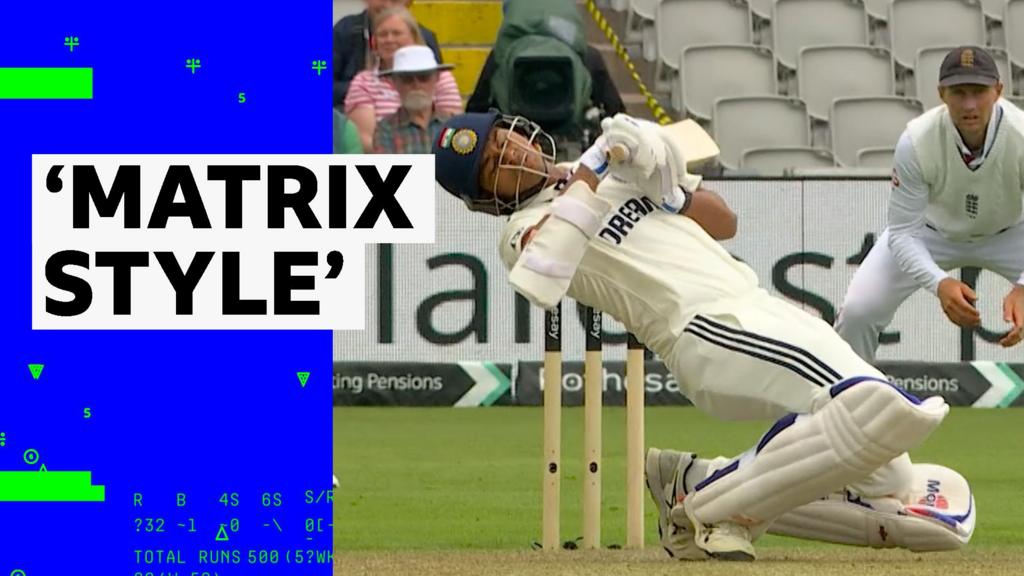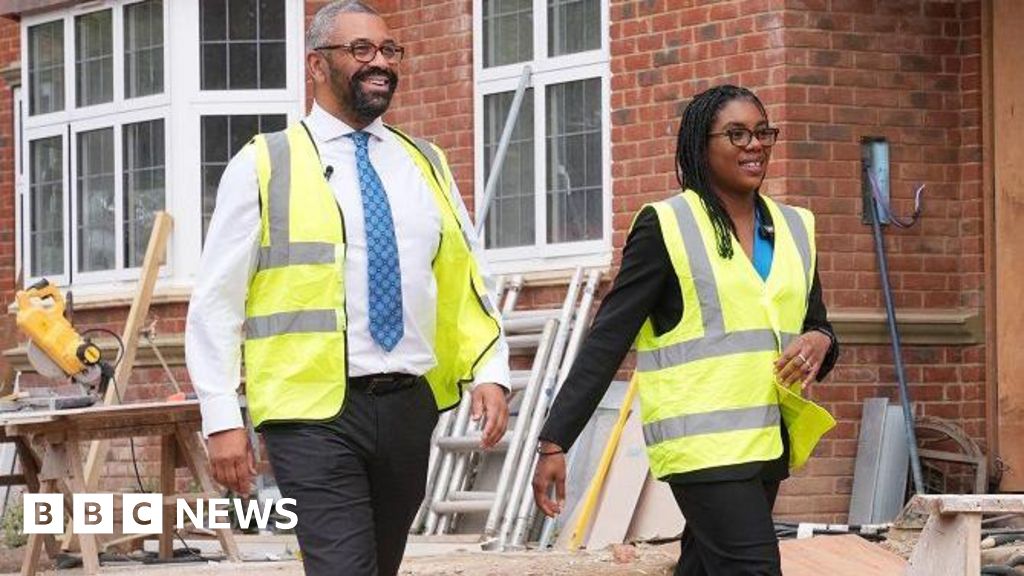It is hard to believe that, yet again, we are going into industrial action by our resident (formerly junior) doctors. It has only been a year since the last round of strikes and the length of this one – five days at two weeks’ notice over the summer when people are away – is designed to send a message.
Consultants were, by and large, supportive of the previous rounds of strikes. There is a recognition our residents have it harder than we did. There is more financial hardship than there used to be, their salaries don’t go as far as ours did when we were training, and they have amassed more student debt. In addition, they have to pay many thousands of pounds in General Medical Council registration and compulsory conference and examination fees that are nowhere near covered by their shrinking study budgets – this always seemed outrageous while I was training too. Consequently, most consultants were pleased when residents received their 22% pay award last year. It felt like a step in the right direction.
This time, however, it feels different. There seems to be almost no discussion about the strikes, other than around how we cover them. Most of us are worried about being seen as unsupportive; we know our residents talk to one another and we might get a reputation if we say what we really think.
In the conversations I have had, however, the feeling is that it is too soon to go again and there is little hope of any further awards on pay at this stage. There is no question that consultant support for this round of strikes is much lower than previously.
We are mostly fed up at having to bend over backwards to support further strikes that this time seem futile. There is internal bickering about providing cover now that much of the goodwill has gone. We are worried about the effect on patients, as well as the erosion of trust in the profession. Most of all, we worry about patient safety.
The British Medical Association’s discussion about patient safety continues to focus on inpatient and emergency care in hospitals. Indeed, attempts by trusts to maintain elective care during the strike have sparked the union’s fury. Members have been warned to expect “manipulative media attacks” and offered reassurance that strikes are safe; it is the NHS that is being irresponsible for trying to maintain planned care.
Patient harm, however, comes in many forms. It includes patients with chronic conditions, such as asthma and diabetes, who end up in A&E because their hospital appointments are cancelled. It includes patients who suffer chronic pain and disability when operations are delayed.
Resident doctors, particularly those who have qualified most recently, rarely attend outpatient clinics or multidisciplinary team meetings where this aspect of patient health is most notable. They are not exposed to the desperate requests from patients and GPs, which I receive on a daily basis, asking for appointments to be brought forward. Only a relatively small number of residents will have worked in primary care or had responsibility for prioritising which patients are seen or operated on in a resource-strapped system. It makes it easier to reassure oneself about cancellation of elective work if you do not see it, or have to deal with the fallout.
And this is where I take issue with much of the BMA’s rhetoric. Resident doctors have been told they do not bear responsibility for any patient harm as a result of striking, and have been told not to declare in advance whether they will strike or not. They are told NHS trusts have the sole responsibility to ensure patient safety, and that ultimate responsibility rests with the government for not acceding to the pay demands.
Simultaneously, the BMA has advised consultants to resist attempts to be made to do “extra-contractual work” during the strikes. This constitutes anything that is different to what we are supposed to be doing on a given day, and includes covering the wards while the residents strike. Again, there is the same reassurance that the responsibility to maintain patient safety rests with our employers, not us.
So how does the BMA think NHS trusts are supposed to maintain safety, at two weeks’ notice, while it tells its residents to strike and encourages consultants not to step in to help? Does the union really think that cancelling all elective work is also “safe”? And if planned work continues is it really concerned about the impact on patient safety, or that it will make the strikes less effective?
During the last strikes, we gained a better idea of how many people were needed on the wards and who could be spared for planned work. It comes at significant cost – we have to work much harder to keep everything going – but many of us feel strongly enough about patient care that we are willing to do that. I believe that maintaining safety comes with a duty to keep planned care going wherever possible.
I have a huge amount of sympathy for our resident doctors, but to believe you can strike en masse without any responsibility for the consequences is – to me, at least – a disingenuous fantasy sold by the BMA. The likelihood of a successful outcome must also be a factor in the decision to take such a huge risk. Individual doctors must make their own decisions to strike, of course, but they should be confident that the cause justifies the harm that will be caused.
Doctors no longer take the Hippocratic oath, but that does not mean we are not bound by moral and professional responsibilities; not just to our employers, but to our patients. We need to remember this.

 1 day ago
5
1 day ago
5










 English (US)
English (US)